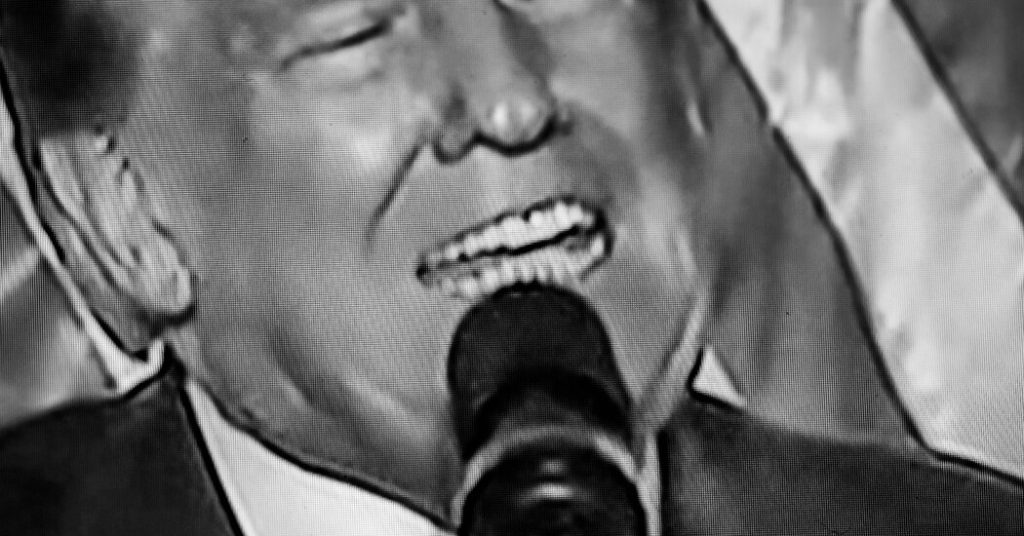The fear of a hung jury due to a potential MAGA mole has shifted to concern about a “Desensitized Juror” in Donald Trump’s New York hush-money case. This juror may view Trump’s actions as typical behavior and not take the charges seriously. Stormy Daniels’s testimony delved into graphic details, potentially influencing the jury. The salacious details highlighted in the trial could prejudice the jurors against Trump, leading to a mistrial. The inconsistencies in Daniels’s testimony and the defense’s efforts to undermine her credibility further complicate the case.
The decision to call Daniels as a witness was risky but necessary for the prosecutors, as her testimony validates their case against Trump. The prosecution has presented strong evidence through financial documents and witness testimony, but the jury may struggle to understand the intricacies of the case. With the tabloid-esque nature of the trial now front and center, jurors may become confused or overwhelmed, impacting their ability to reach a unanimous verdict. This shift in focus to the more scandalous aspects of the case may distract the jurors from the core legal issues at hand.
The larger context of Trump’s behavior and the societal impact of his actions over the past nine years have lowered expectations regarding political ethics. Trump’s behavior, both before and during his presidency, shocked many but also desensitized the public to his misconduct. This erosion of standards has made it challenging for jurors to objectively assess Trump’s guilt or innocence in the hush-money case. The trial serves as a reflection of the broader societal shifts in attitudes towards political leaders and acceptable behavior.
The hush-money trial highlights the importance of character in presidential candidates and public officials. Trump’s treatment of others, particularly women, and his efforts to suppress unfavorable information, speak to his lack of integrity and decency. The trial provides insight into Trump’s questionable actions and how he sought to shield them from public scrutiny. It underscores the need for voters to consider candidates’ character and moral values when assessing their suitability for office.
While the outcome of the trial remains uncertain, it presents an opportunity for both the jury and the American public to reaffirm the importance of basic decency in leadership. The trial serves as a reminder of the expectations placed on individuals in positions of power and the need for accountability. Regardless of the verdict, the hush-money case sheds light on the broader societal implications of political scandal and the erosion of trust in public institutions. The jury’s decision will not only impact Trump’s legal fate but also send a message about the values and standards Americans uphold in their leaders.












